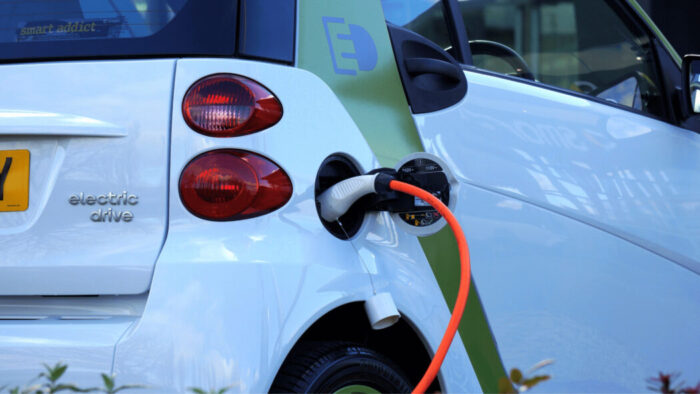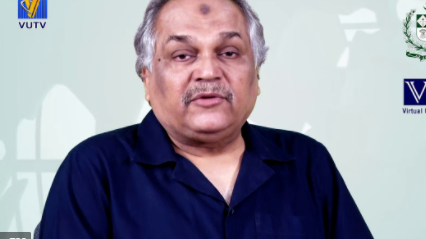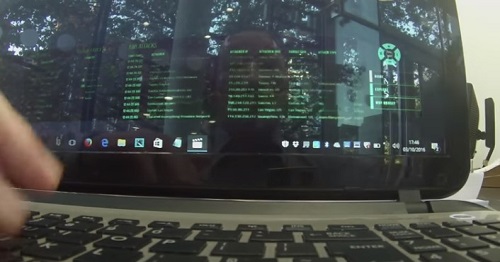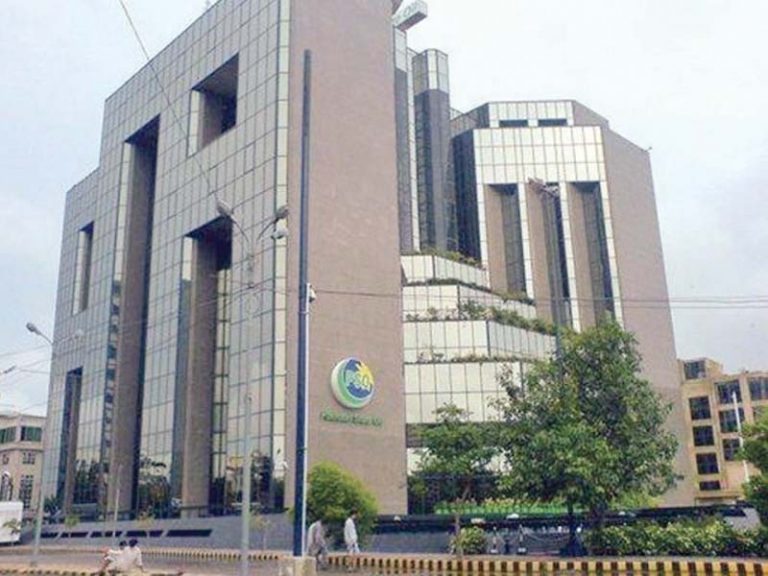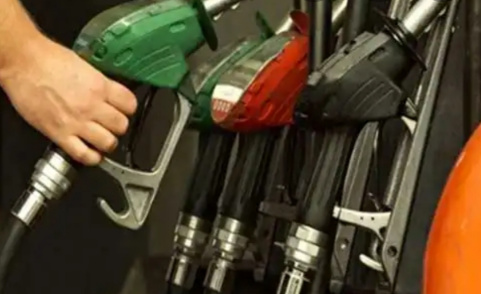Cap on tariff proposed for electric vehicle charging stations
Ibn-e-Ameer
National Electric Power Regulatory Authority (Nepra) is likely to cap tariff at Rs 45 per unit for electric vehicle charging stations.
The regulator proposed to cap tariff for Electric Vehicles Charging Stations (EVCS) while putting another two other options for the prospective and current investors in the power stations business.
The regulator conducted a public hearing.
The stakeholders proposed a subsidy on prices to attract investors to the business.
The stakeholders further suggested allowing market forces to determine the prices to create competition.
The representatives of the Ministry of Industries, OMCs, EVCS, Discos, and prospective investors attended the hearing.
Chairman NEPRA Tauseef. H . Farooqi presided over the public hearing. He said this is just an initial hearing and the regulator wants to seek input from the interveners.
The regulator will conduct a follow-up session soon.
In a presentation, NEPRA officials informed about EVCS standards, specifications, and relationships with DISCOs separately.
Nepra will carry out a separate proceeding.
The main question, regulator and other participants had put was about setting a tariff for Electric Vehicle Charging Stations (EVCs) to charge batteries of electric vehicles.
The regulator asked interveners whether there should be any maximum cap for tariff for electric vehicle charging stations to charge electric vehicles.
The other questions were” what should be the maximum cap? In this regard three pricing options, regulator presented regarding tariffs for electric vehicles Charging Stations.
Read More: PSO to support electric vehicle charging, automation
The first option was to allow the private sector to set customer charges/tariffs with no price caps. The second option was to set a ceiling, giving the private sector to compete to reduce tariffs below the ceiling.
And the third option was to determine customer charges/tariffs for all private EV charging stations.
According to NEPRA calculations, Fossil Fuel vehicles (FFV) give 8 to 16km/liter mileage while EV mileage is 30 kWh per 100 miles.
The tariff of Rs. 47.7 per kWh is breakeven with FFV while at Rs. 45.3 per kWh is 95% of FFV, the NEPRA official said.
Therefore NEPRA has proposed capping the tariff at Rs 45 per unit.
However, the majority of the intervener did not back the idea of capping the tariff. They proposed NEPRA stay out of the matter and let the market forces completely free to decide the tariff.
Read More: Shell, KE to set up EV charging stations
Besides they also called for providing subsidies to the EVCS.
The tariff for the electricity should be equal to the domestic consumers that may be a bit high. But the regulator should not allow electric vehicles to be charged commercial rates.
The commercial per unit rate along with taxes cost Rs 30 per unit that will not be feasible for the investors to sell it at Rs 45 per unit, they argued.
Chairman NEPRA said that the circular debt has ballooned to Rs 2.4 trillion because of subsidies and therefore, it is not becoming unaffordable.
He said that NEPRA cannot provide the subsidy as it is the government’s discretion. Chairman NEPRA further said that the regulator is trying to protect the consumers by capping tariffs.
An official of the Engineering Development Board said to attract the consumers to electric vehicles by charging prices at a low levels.
People will only attract to electric vehicles in case, there is a huge difference between fuel and electricity charging prices, he added.
He further said that the regulator should also ensure the quality of the charging stations. There are European, Chinese, and other models and to ensure quality NEPRA should set the standards.
Chairman NEPRA asked all the interveners to send their proposal in writing within seven days, so a follow-up session can be convened on the subject.


